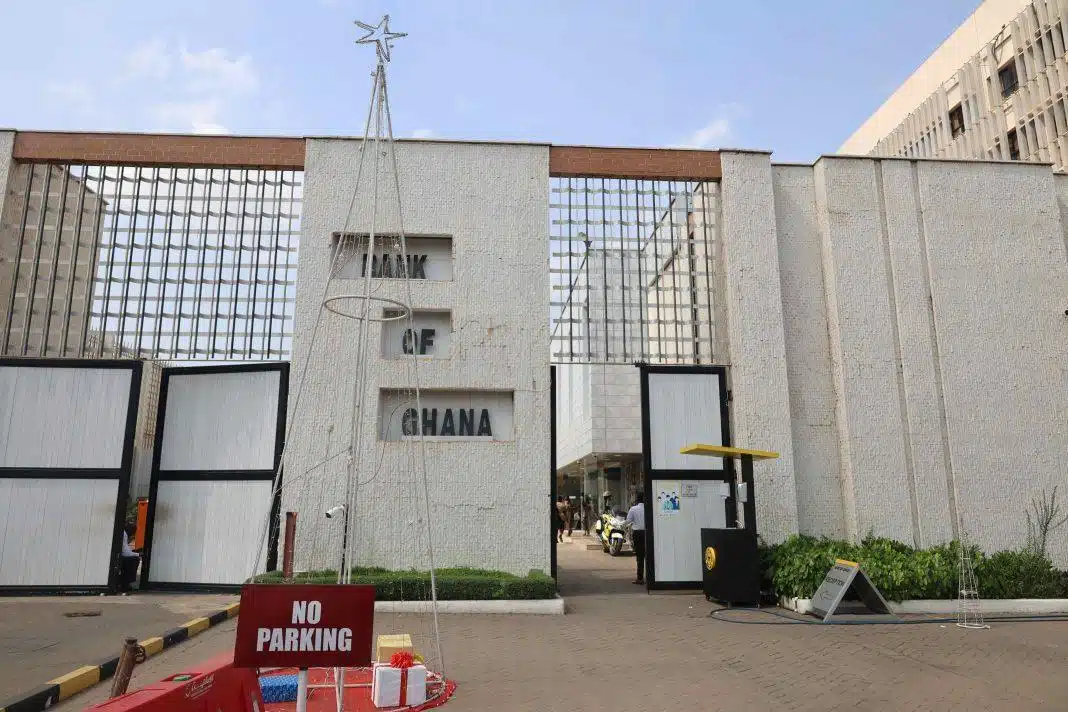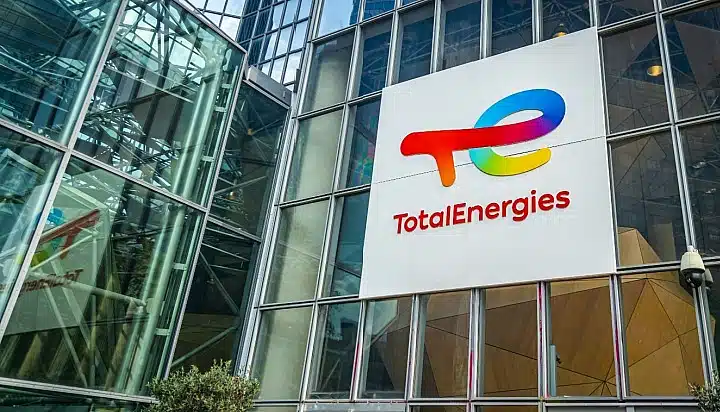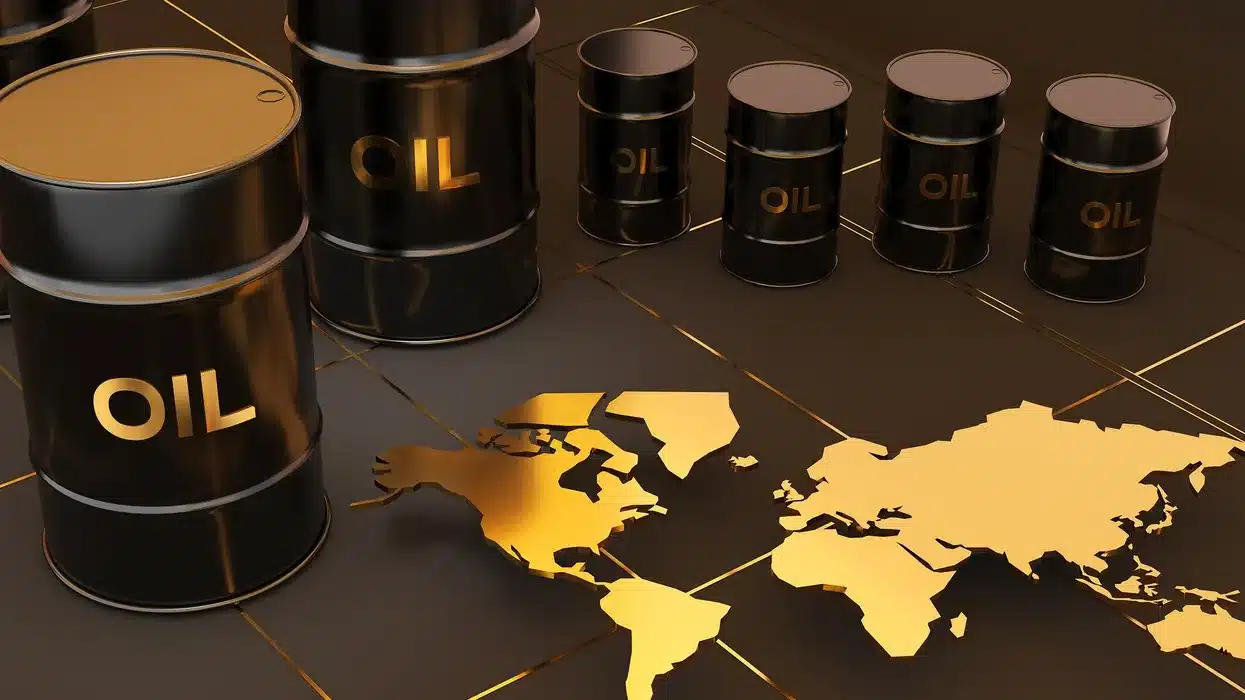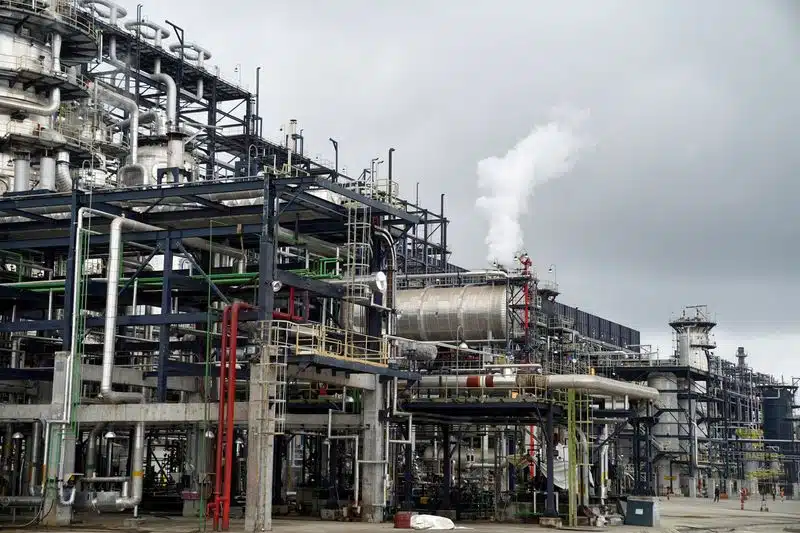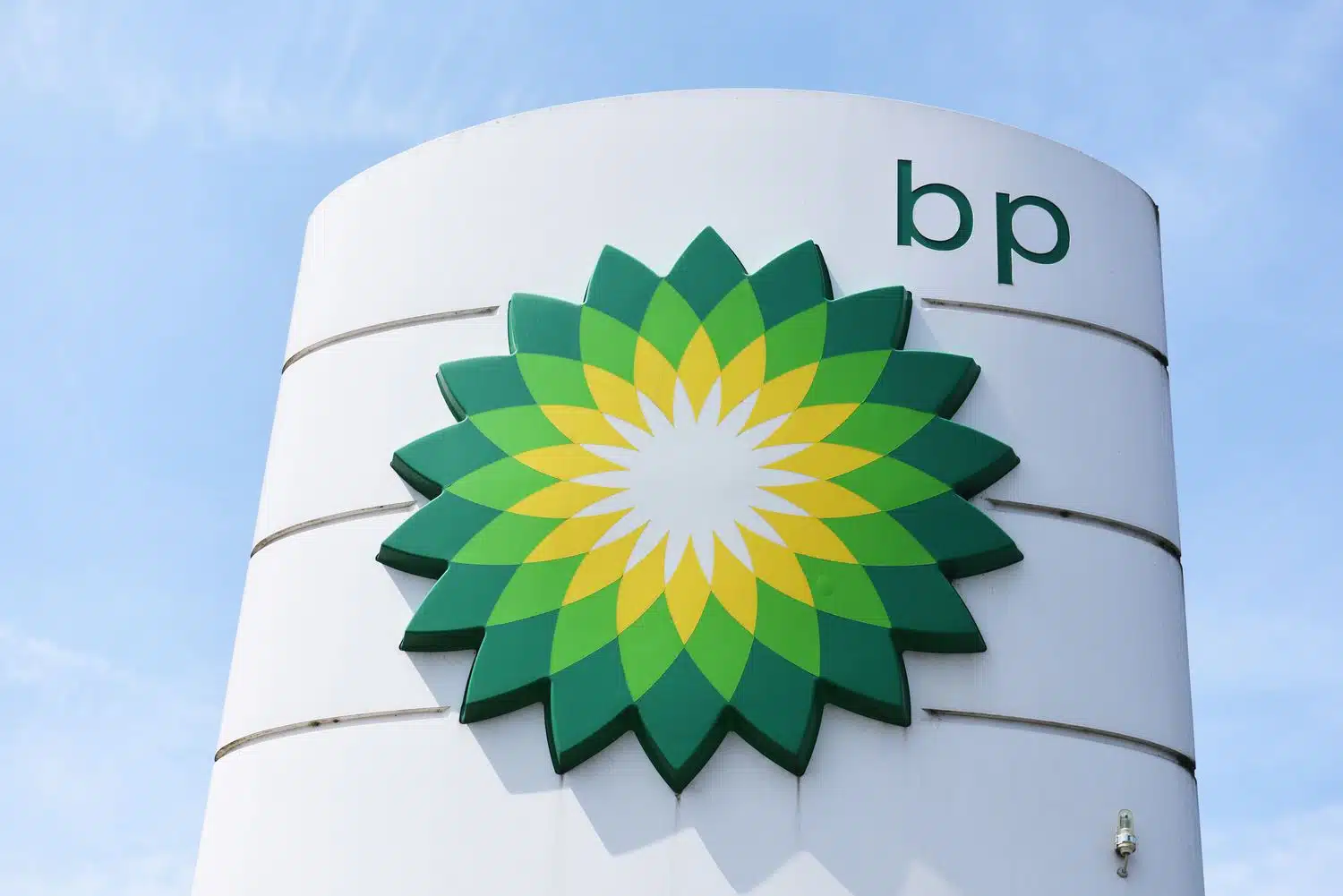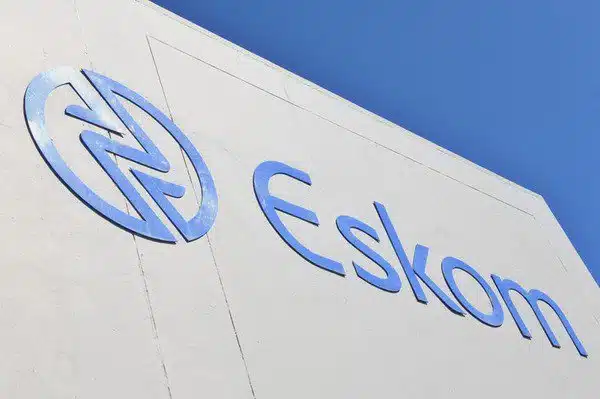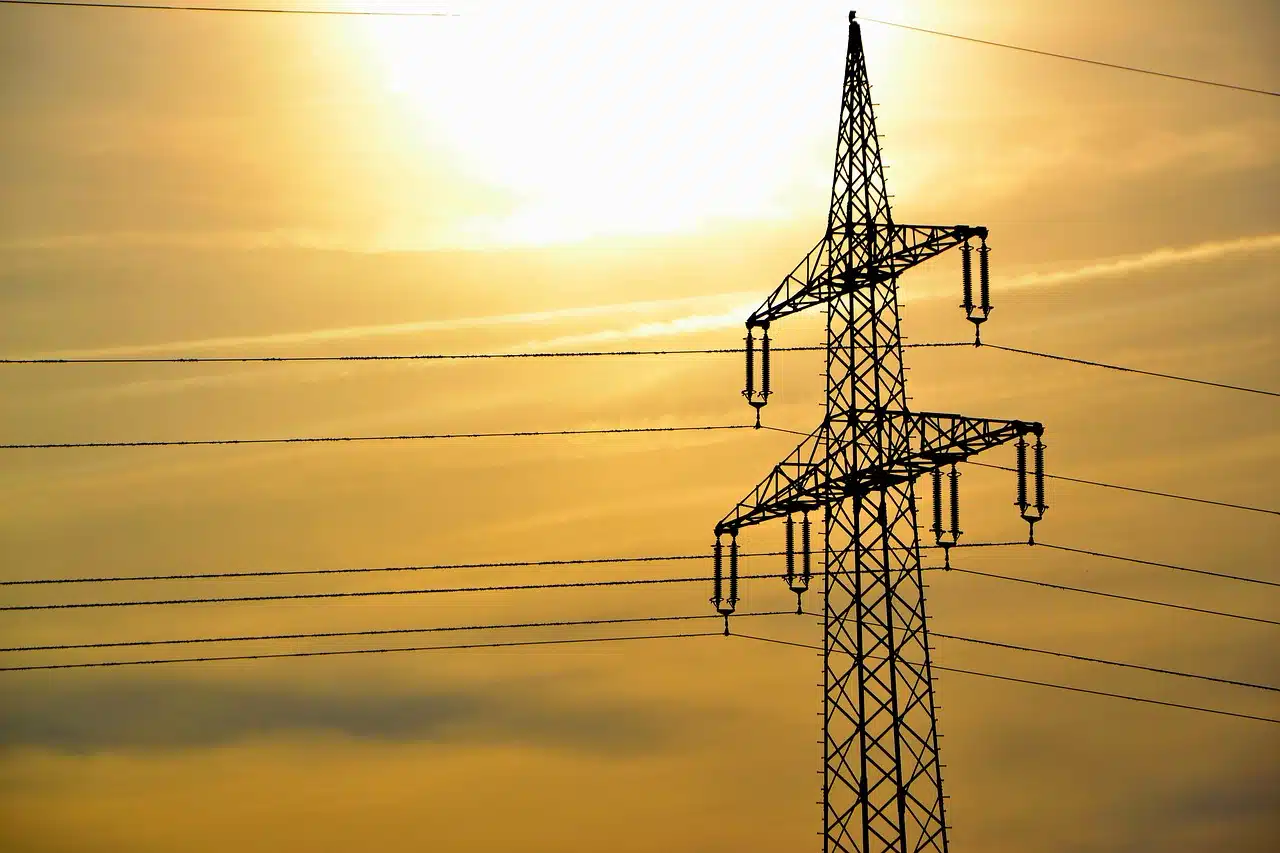Ghana’s central bank has suspended its gold-for-oil program as part of efforts to stabilize the cedi and strengthen monetary policy coordination.
The move, announced by newly appointed Governor Johnson Asiama, comes amid ongoing economic reforms to curb inflation and boost foreign exchange reserves.
Speaking in an interview on Friday, Asiama stated that the Bank of Ghana would step back from using gold to pay for oil, a policy introduced by the previous administration to reduce dependence on the US dollar.
He explained that the program had resulted in financial losses, prompting a temporary halt.
“We have had to incur some losses on that,” he said. “So we’ve put some suspension on the trade.”
He, however, did not provide further details on the extent of the losses.
Ghana, Africa’s largest gold producer, launched the barter system to ease pressure on its currency, with the central bank purchasing gold in local currency to pay for petroleum products.
As of September, the bank had acquired 65.4 tons of gold, with 30.5 tons held in reserves by the end of the year.
Asiama suggested that future gold purchases could be handled by a soon to be established Gold Board instead of the central bank.
With interest rates at 27% and inflation easing to 23.5% in January, Asiama said that improved coordination between fiscal and monetary policies should help bring further stability.
“We intend to maintain an appropriate monetary policy stance,” he noted, adding that the government’s focus on fiscal discipline would support efforts to stabilize the foreign exchange market.
Meanwhile, Finance expert, Godfred Bokpin, suggested that investments in agriculture could help reduce inflation further.
“If the new administration can vigorously invest in agriculture and run it efficiently, inflation could decline to 13% by the end of the year,” he said.

